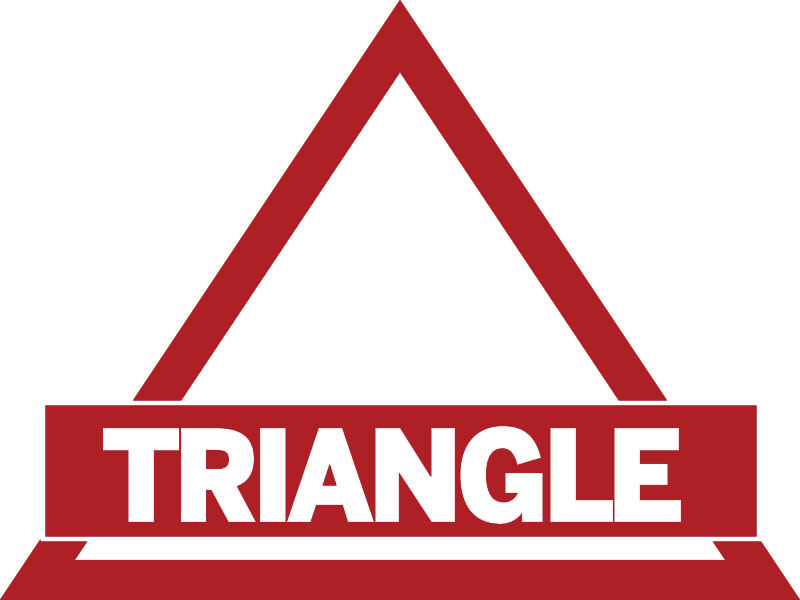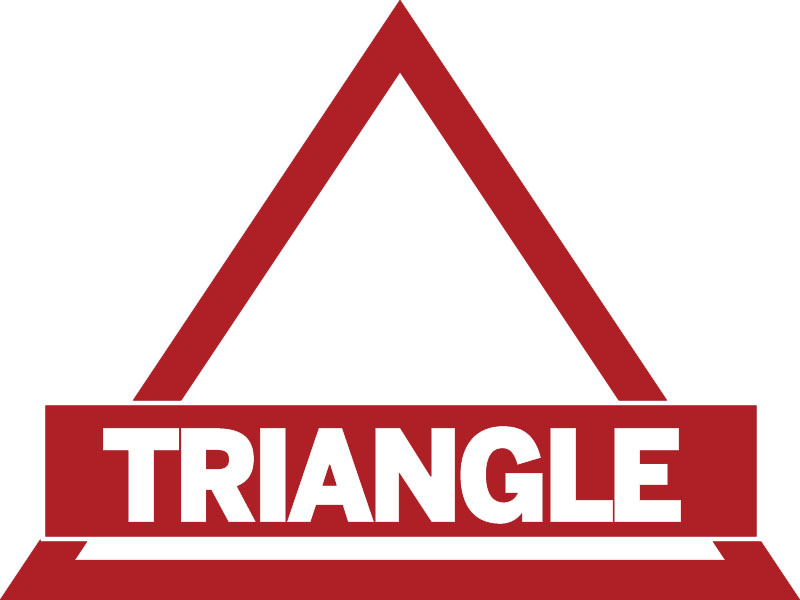By Daniel Jackson
News Editor
While chapel on Wednesday was geared toward heterosexual Christians students, some students sitting in the audience deal with homosexuality from a much more personal perspective.
“Sara,” (not her real name) is bisexual. If her name was published by Triangle, many people in the Bryan community would know who she was. Because bisexuality can bring a stigma, she worries that she might be ostracized if her name was published.
Sara thought the speaker covered the topic well but worried that students wouldn’t fully accept the message.
“This [the chapel talk] didn’t resonate with students as much as I wanted it to,” she said. “He actually gave us some meat and potatoes to think about, but I don’t think the student body knows what to do when they have to digest a big piece of meat.”
Before Mark Yarhouse, executive director of the Institute for the Study of Sexual Identity, gave his chapel speech titled “Sexual Identity and the Christian,” Sara thought it was going to be a repeat of The Couch discussion of homosexuality that Bryan held back in 2011.
That discussion two years ago made her angry.
The Couch is a panel discussion made up of faculty and outside experts that talk about tough questions. However, Sara saw a lack of depth in The Couch discussion on homosexuality.
She thought the speakers were good, the content fluffy, but the students displayed ignorance when asking questions.
Afterwards, all conversation about homosexuality on campus shut down.
The discussion two years ago asked how Christians should approach homosexuality. Yarhouse’s speech described the common ways Christians approach the topic and asked listeners to rethink their actions in regard to the issue.
“I was really impressed this time,” she said.
Sara thought the speech challenged a lot of people. It confused them and made them go home and “rethink their lives.”
Students on campus treat homosexuality ether in a cavalier manner or approach it academically. The only time Sara sees people talking on campus about homosexuality is in a formal setting, in a classroom, or when they joke about it—“like Long 3rd and their Techno-naked parties”—or have short conversations about it in dorm rooms.
However, students are most accepting when they have a friend or family member who is a homosexual.
“They don’t understand until it gets personal,” she said.
For Sara, she deals with being bisexual on a Christian campus.
Bryan pushes for transparency, she said. For example, like everyone on campus, Sara needed to write her testimony in Freshman CLF. She never mentioned her struggle with bisexuality.
“I’d like to be able to be myself [on campus], but I think that might be too much to ask,” she said.
During freshman year, she told some friends that she was not a virgin, not mentioning bisexuality. They ostracized her.
Sara wishes that the campus would have, perhaps not acceptance, but more understanding of the issue, not treating same-sex attraction as something completely taboo.
She knows of a few other bisexual people on campus. Others are merely bi-curious, and others who have moved on from the issue on campus.
“It’s not so acknowledged. Because you acknowledge there are the sluts on campus, the smokers, the potheads.”
Same-sex attraction does not have the underground networking like activities that violate the student handbook. It is not as networked because the “issue is so terrifying,” she said.
Smoking is something you do, Sara said. But being bisexual… well… it is more personal. Some people have created identities from their sexual orientation.
“It doesn’t define who you are, but it’s still different than other struggles, so we don’t know how to deal with it,” she said.
Sara became a Christian when she was 17. Before that time, she lived a lifestyle that included partying, drinking and bisexuality.
When it comes to the nature versus nurture debate for the origins of homosexuality, she admits that in her case, she nurtured same-sex attraction.
“Ultimately, I believe it’s a sin, just like everything else I do is a sin,” she said, “just like lying, just like having sex outside of marriage.”
She remembers wondering if same-sex attraction was compatible with being a Christian. She’s trying to find the balance.
Before coming to Bryan, she said knew the culture here would reject her bisexuality. However, she thought Bryan would help her improve her life.
“I’m a slow progression, and Bryan College is another piece [of my journey],” she said.
Since then, it’s not a smooth climb away from her former lifestyle. She’s “fallen off the road,” and acted on her feelings here on campus.
Sara sees her struggle with bisexuality as part of a larger fight to become a better Christian. She fights to break free from the person she was before her life was turned around.
“Because ultimately, I’m learning that you love God first, and everything else takes second place,” she said.


